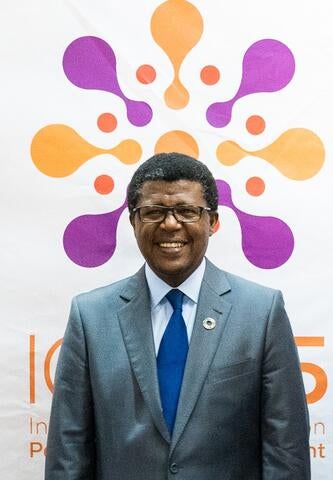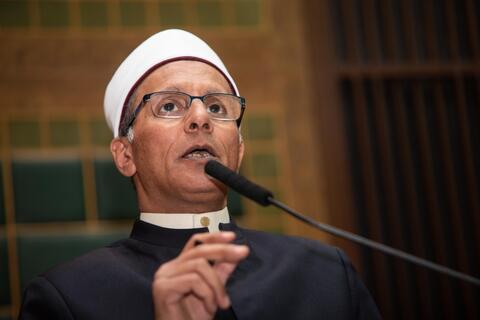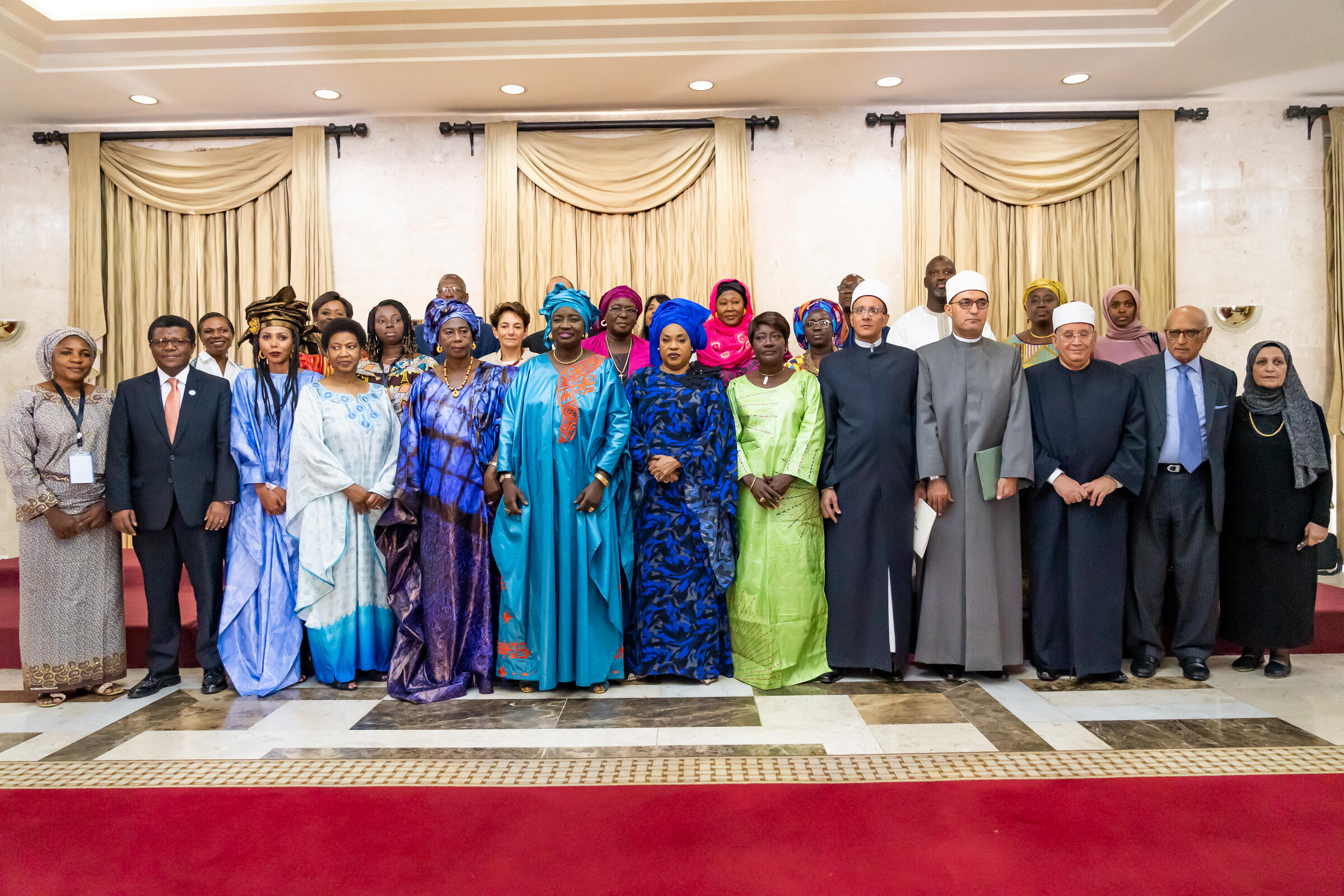
“We are not aiming for fewer cases of female genital mutilation and child marriage. We are insisting on reaching the number zero!” noted Dereje Wordofa, Deputy Executive Director for the United Nations Populations Fund (UNFPA) when he addressed over 500 delegates at the first African summit on Female Genital Mutilation (FGM) and Child Marriage.
As the international community commemorates International Conference on Population and Development (ICPD) Programme of Action adopted in 1994, in Cairo, Mr. Dereje Wordofa highlighted the progress made over the last 25 years in Africa. He noted declining rates of both female genital mutilation and child marriage. Population growth, he iterated, is diluting the progress that is being made.
“At the going rate, over 50 million girls are at risk of being subjected to female genital mutilation in Africa alone by 2030,” warned Dereje Wordofa. He noted that at least 200 million girls and women alive today have had their genitals mutilated, while more than 650 million women and girls were married before their 18th birthday.

The Deputy Grand Imam of Egypt Dr. Saleh Abasm Al Azhar Sharif, issued a fatwa, noting that “Marriage in Islam is based on the consent of both parties, especially the girl. The minimum age required for consent to marriage is 18 years old. The minimum age of marriage for boys and girls is eighteen years old according to laws in Egypt and in line with international conventions.”
Following the new fatwa issued in Dakar, UNFPA Executive Director Dr. Natalia Kanem tweeted: “I welcome Al-Azhar's new position against #childmarriage at the @africa4girls Summit. We need more bold commitments from leaders across all communities & faiths to put an end to cultural practices that harm young girls.”
FGM and child marriage campaign activist and UN Women Goodwill Ambassador for Africa Jaha Mapenzi Dukureh could not be indifferent to the fatwa: “This is a historic moment for us and everyone that works for the equality of girls.”
Co-organized by the Governments of Senegal and The Gambia, in collaboration with the NGO Safe Hands for Girls, from 16 to 18 June, 2019, the summit hosted hundreds of delegates, including the Vice-President of The Gambia, Isatou Touray, Ministers, the UN Women Executive Director, the World Bank, technical and financial partners, religious and traditional authorities, civil society organizations, survivors of FGM and child marriage, as well as youth orgnisations.
The UNFPA Deputy Executive Director took the opportunity to call for enhanced efforts, increased investments, greater collaboration and renewed political commitment to eliminate female genital mutilation and child marriage.
Meanwhile, in her closing address the Minister of Women, Gender and Child Protection, for Senegal, Ndeye Saly Diop Dieng, also stressed the need to intensify the fight against FGM and child marriage: “The fight against female genital mutilation and child marriage is a fair and relevant fight; the pride of the accomplished or initiated duty that we all feel at this moment is, therefore, legitimate and solidly grounded.”
While in Senegal the UNFPA Deputy Executive Director also visited a UNFPA-supported project at Guediawaye's health centre, and held meetings with government authorities, including ministers, as well as the UN Country as well as UNFPA staff.
Mr. Wordofa visited Dakar from 15 to 18 June and traveled to Sierra Leone with Regional Director Mabingue Ngom to continue his tour of the region.


